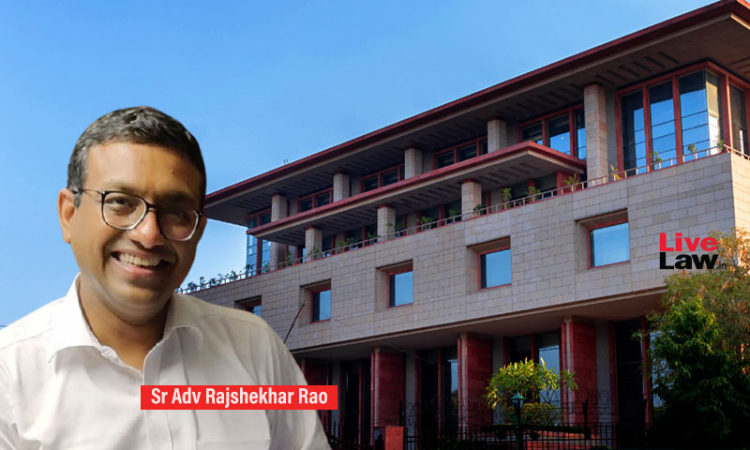Marital Rape - 'Classification On Basis Of Marriage Unreasonable' : Amicus Curiae Tells Delhi HC
Nupur Thapliyal
14 Jan 2022 8:10 PM IST

Next Story
14 Jan 2022 8:10 PM IST
The Delhi High Court on Friday continued hearing a batch of petitions challenging the exception to Section 375 of the Indian Penal Code, which exempts forceful sexual intercourse by a man with his own wife from the offence of rape, provided the wife is above 15 years of age.Senior Advocate Rajshekhar Rao, appearing as amicus curiae in the matter, told a bench comprising of Justice Rajiv...
